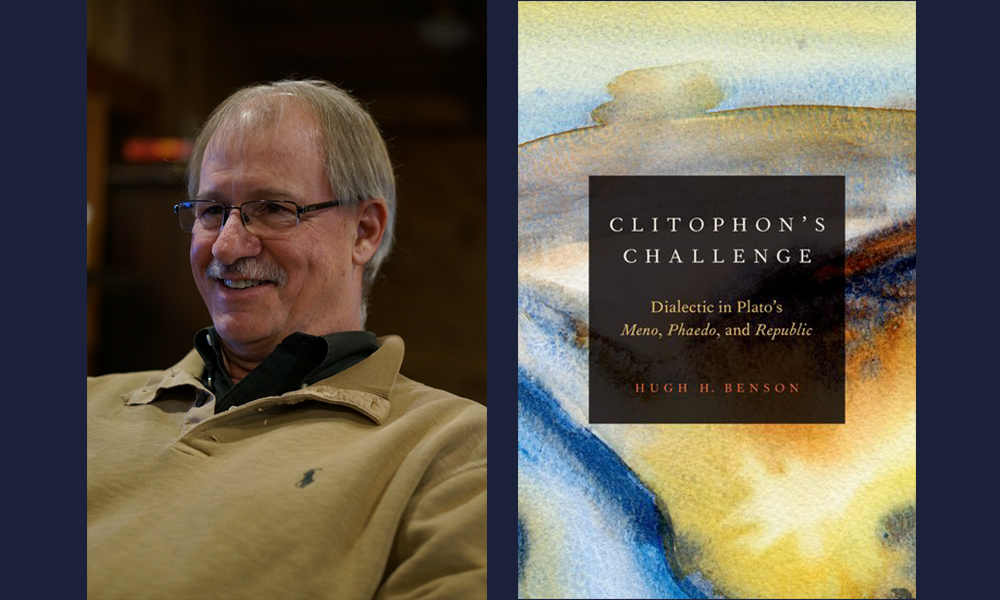"We shouldn’t be too quick to dismiss them — nor should we just pick them apart with facts and reasons. We should instead be engaging them."
Philosophical Myth Writing: Talking to Tae-Yeoun Keum
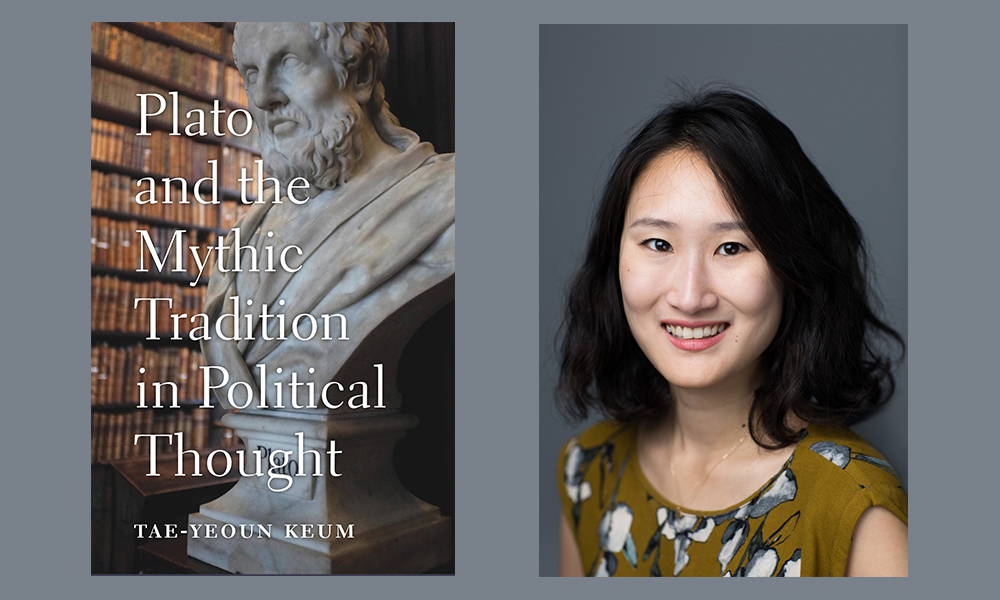
If Platonic dialogues helped to invent philosophy as we today understand the term, why doesn’t (or does?) current philosophical practice find itself flooded with questions, collaborations, public performances, polyphonic poetically narrativized quasi-fictions? I wondered so long that I finally started asking some of my favorite Plato-reading philosophers, political scientists, and historians. Their thoughtful, generous, self-questioning responses have helped me to recognize how central constructive civic discussion remains even in (or perhaps especially in) our ever-more polarized present. By Andy Fitch.
"We shouldn’t be too quick to dismiss them — nor should we just pick them apart with facts and reasons. We should instead be engaging them."

Andy Fitch talks with Matthew Landauer the thin line between democracy and tyranny in Ancient Greece.
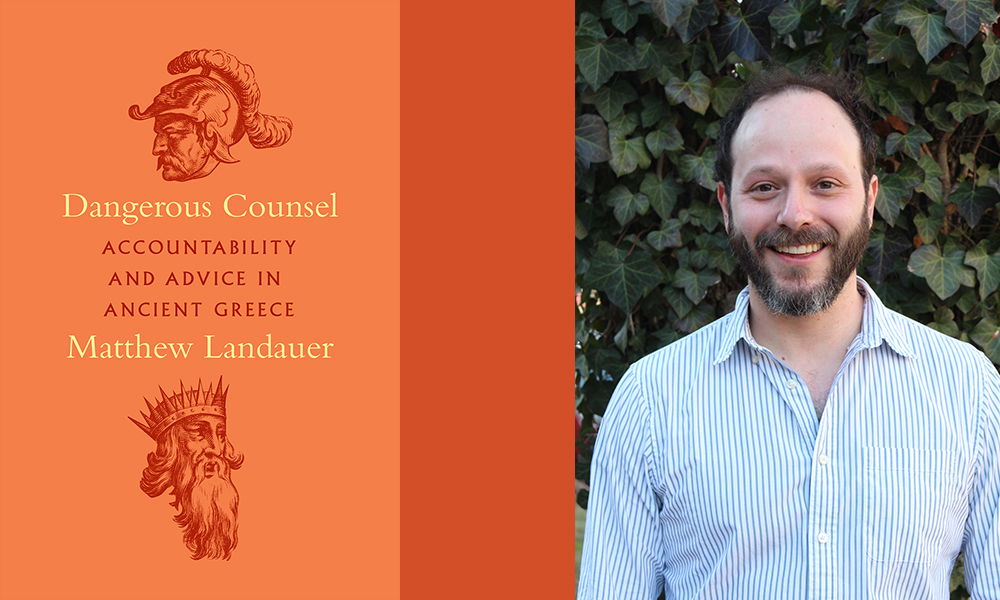
Andy Fitch takes up the voice of Sigmund Freud to show his process for probing philosophical problems.
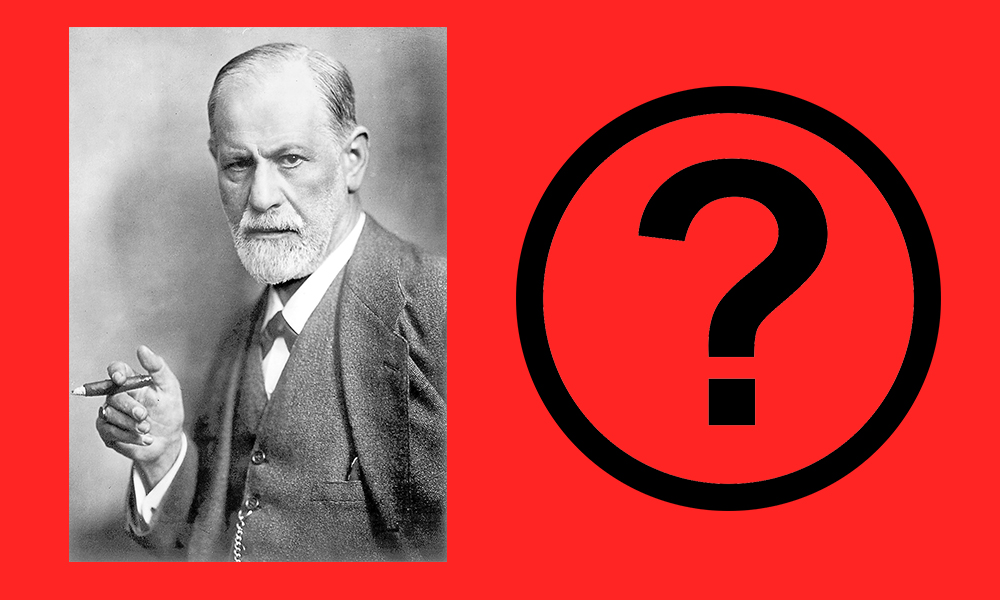
Andy Fitch talks with Rebecca LeMoine about philosophical stings and her book "Plato's Caves."
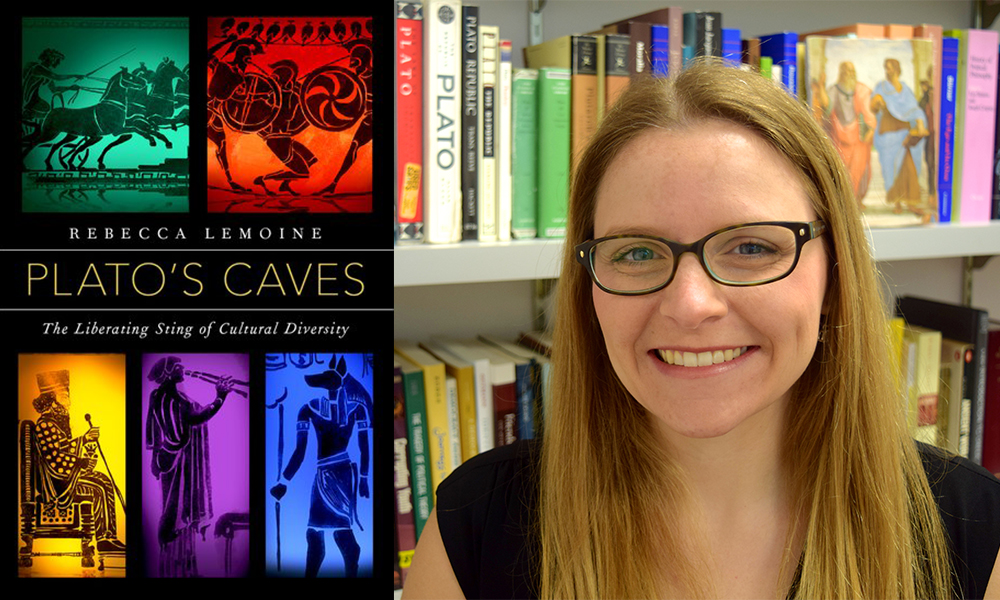
For the second anniversary of the Plato Problems column, Andy Fitch poses some questions to Plato himself.

Andy Fitch talks with Demetra Kasimis about often-overlooked notions of inclusion in ancient Athenian democracy.
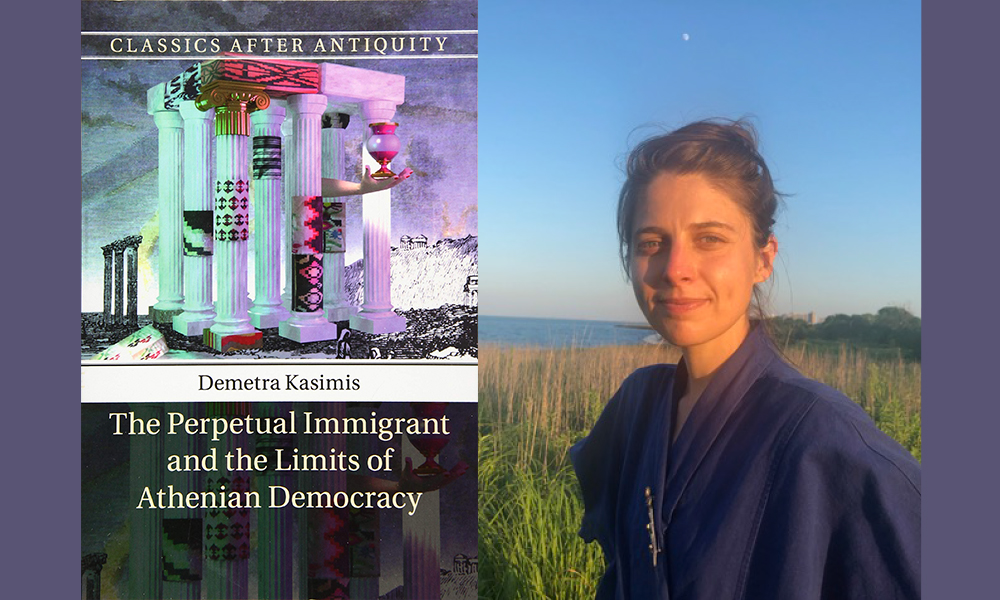
Andy Fitch interivews Rebecca Newberger Goldstein about the philosophical problems of daily life.

Andy Fitch presents questions he posed to Gerald A. Press about polyphony and voice in Plato's dialogues.

Andy Fitch talks with Rachana Kamtekar about what is best and what is best for oneself.
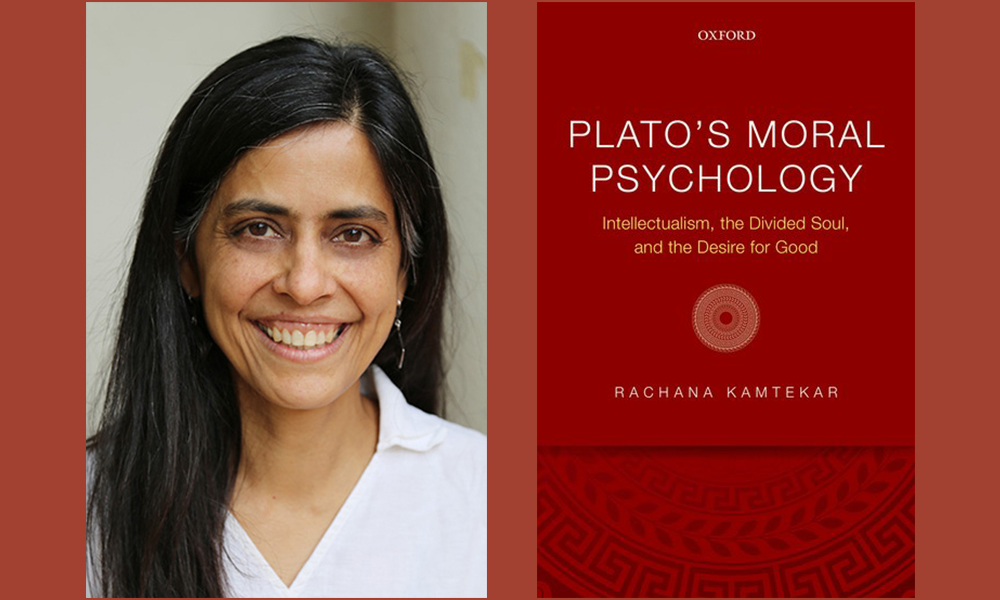
Andy Fitch talks to Hugh H. Benson about his new book "Clitophon’s Challenge."
